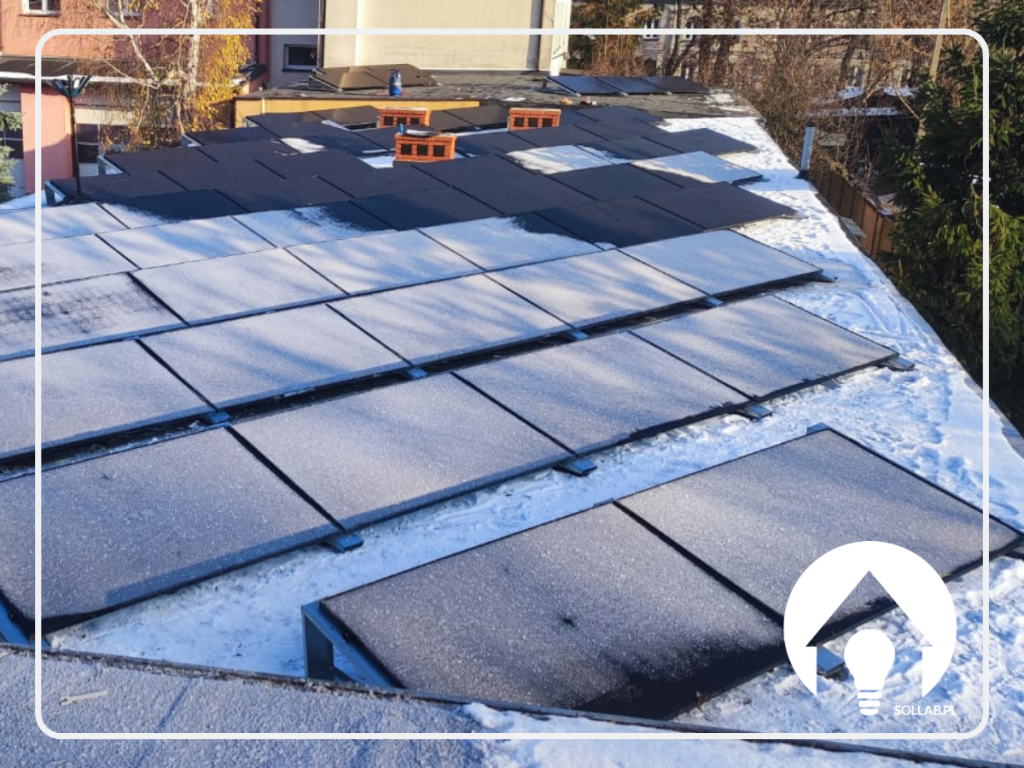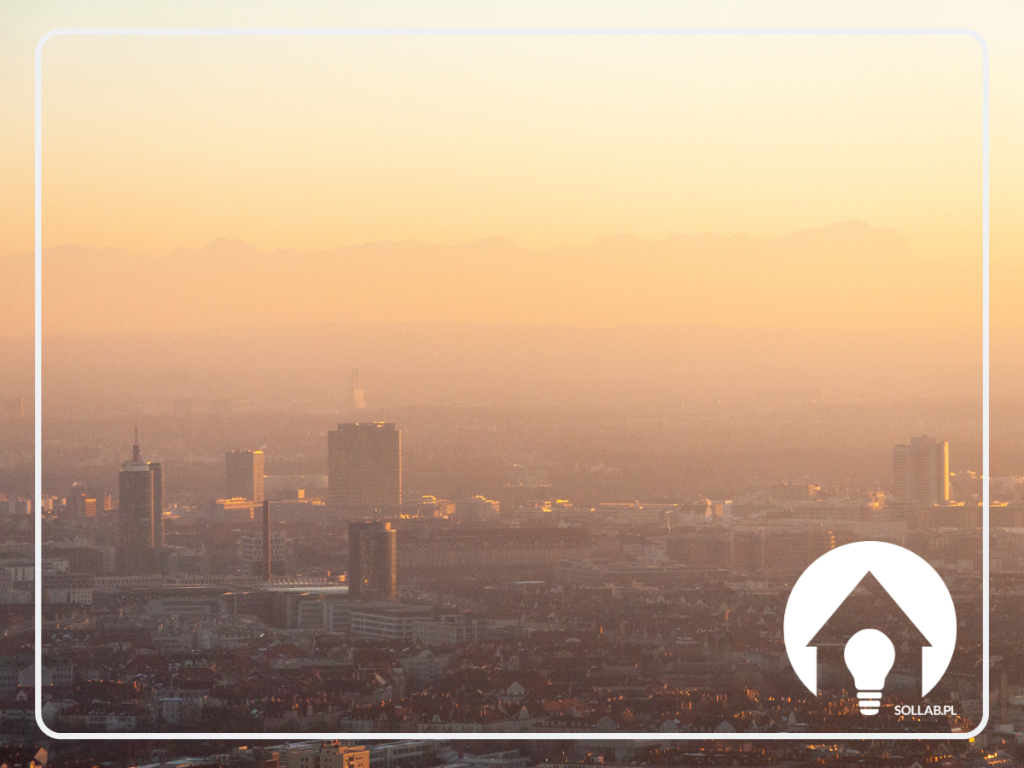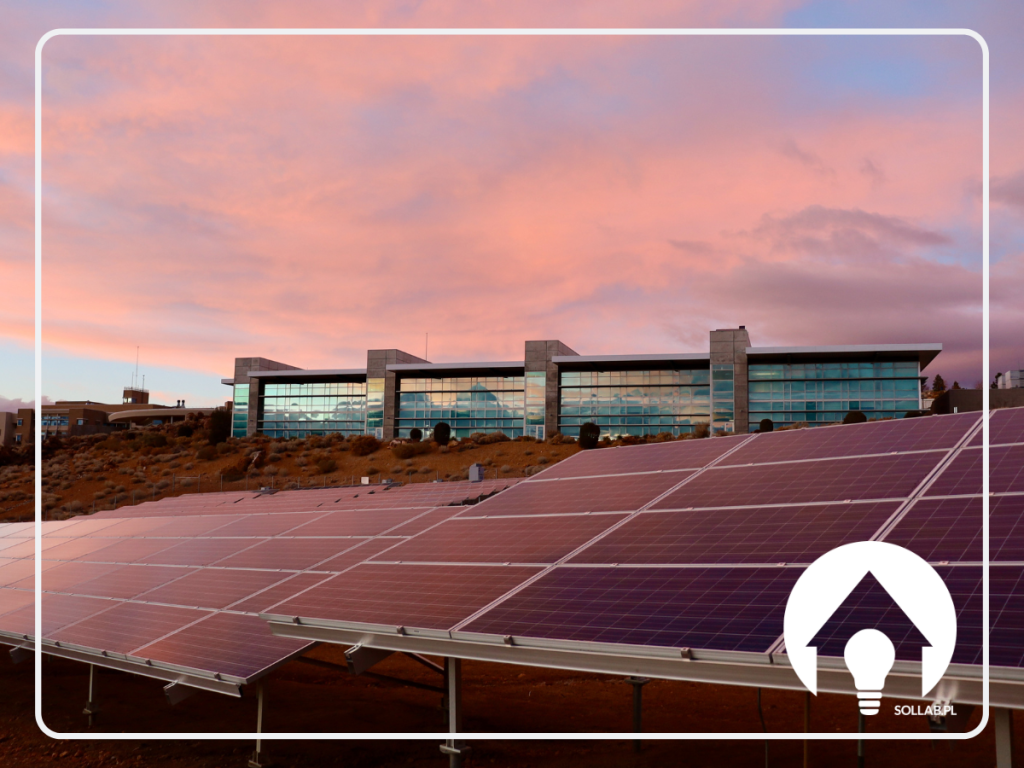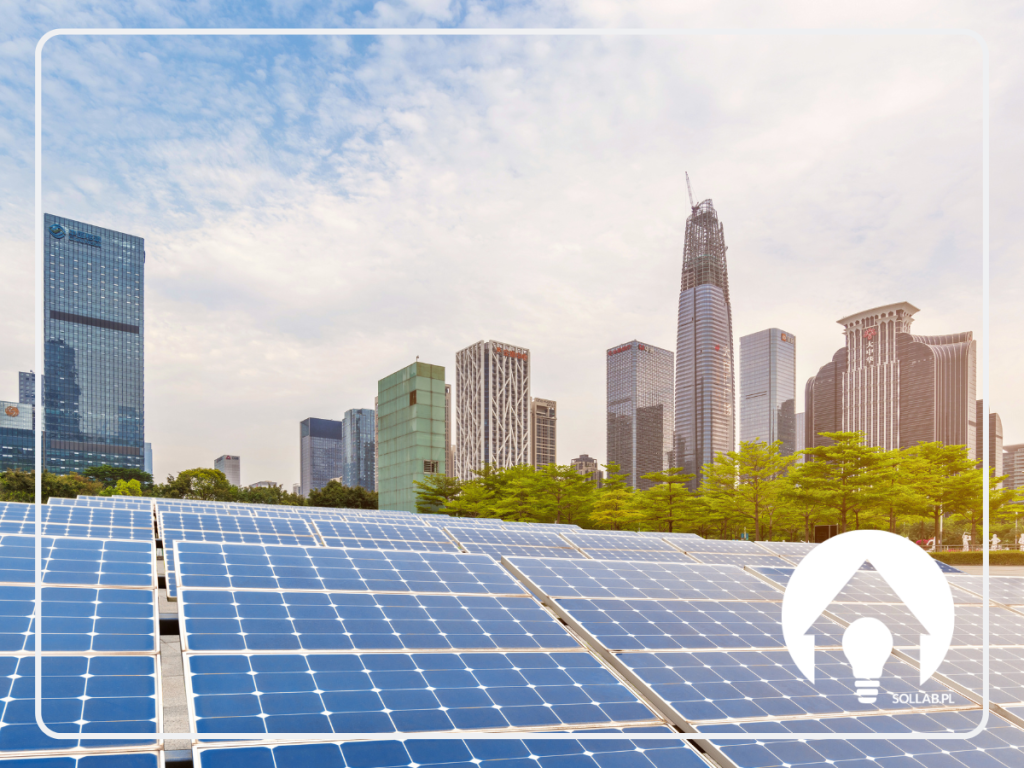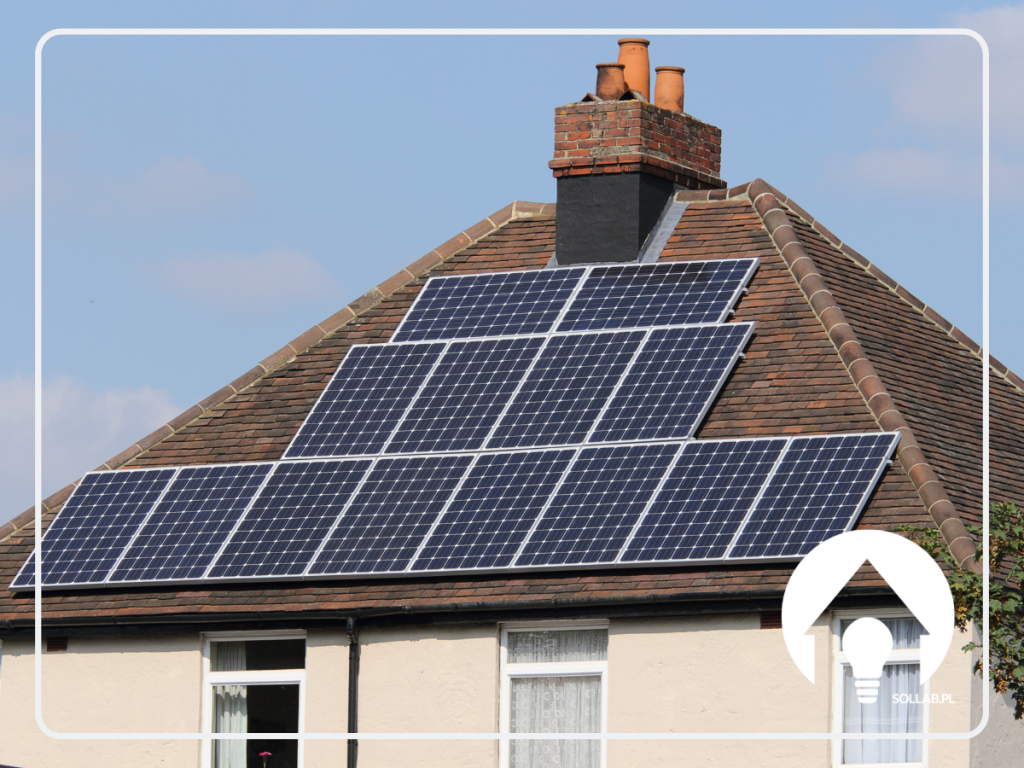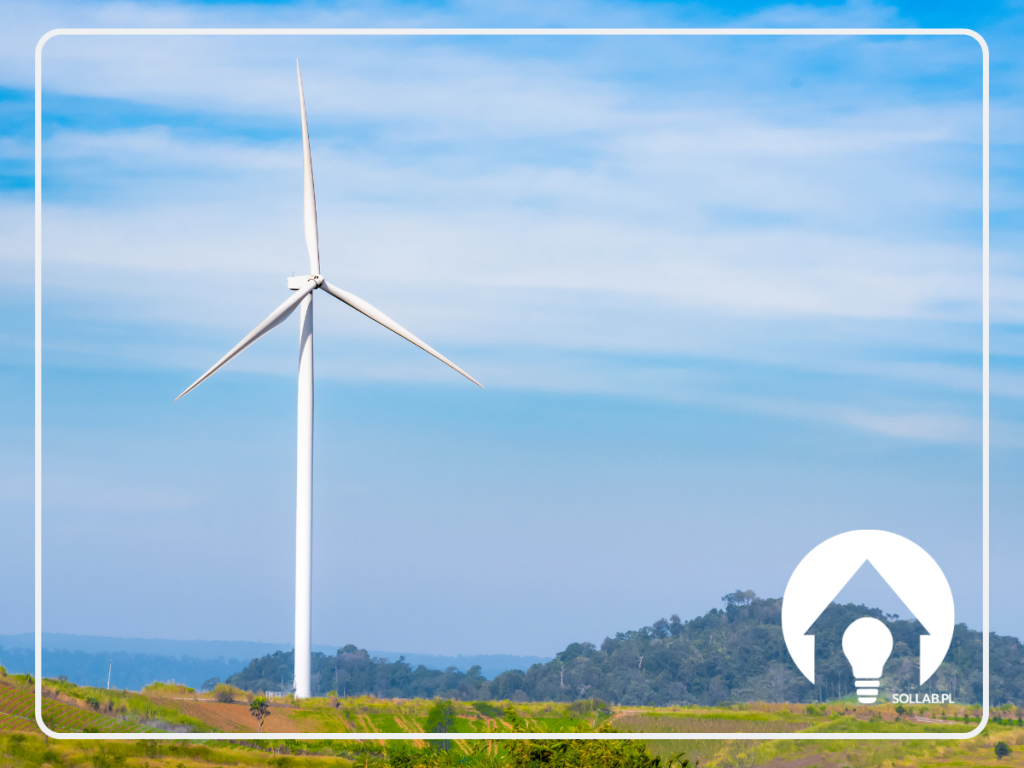Any builder with plans to build or modernise a house faces an important decision regarding what type of heating to choose for their home. The factors that ultimately influence the choice are mainly the costs resulting from the purchase of the heating device and the charges associated with its operation in the future. In addition, the impact of the heating appliance on the climate is important. In view of the obligation to replace heat sources with those that meet certain requirements, it is important that the appliance has the appropriate class.
Among the solutions available that meet ecological requirements are heat pumps and pellet cookers. If you are faced with a choice between these two heating systems, you will probably be interested to know which is more worthwhile - pellets or a heat pump?
What is a heat pump?
A heat pump is a heating device that extracts heat from the environment - from the ground, from water or from the air - and then directs it through a working medium to the heating system inside the building. It works by transferring heat from an area of lower temperature to an area of higher temperature, using a small amount of electricity. Heat pumps can be used to heat buildings, produce hot water and cool rooms.
In the last few years, heat pumps have gained enormous popularity, which has led to an increase in the efficiency of the equipment, energy efficiency. In addition, the heat pump is characterised by low operating costs and no negative impact on the environment. With heat pumps, a high level of thermal comfort can be provided, as well as convenience for users, as it is a completely automated and maintenance-free system.
Advantages of installing heat pumps
A heat pump is a multifunctional device that has many advantages:
- Energy-efficient - the heat pump is among the most energy-efficient heating systems,
- Ecology - no harmful substances, including carbon dioxide, are emitted during operation.
- Safety - the use of the pump does not pose a risk of fire or asphyxiation,
- Maintenance-free use - the system is maintenance-free and automated, there is no need to clean it or refill it with fuel,
- Low operating costs,
- Can be installed in both new and retrofit buildings,
- Simple and non-invasive installation and small size (especially for air source heat pumps),
- Possibility of obtaining investment funding.
Pellets - what are they?
A pellet is a fuel made from biomass that has a solid form, usually in the form of pellets. It is produced from compressed or pressed small particles of organic raw materials, usually wood or plant biomass. Pellets are relatively uniform in size and moisture content, which makes them easy to use and burn.
Modern pellet cookers are fully automated appliances that allow you to heat your home efficiently and ecologically. They can be started at the touch of a button, and some units also offer remote control via mobile apps or remote control. This allows the user to access and control the unit even when away from home, ensuring thermal comfort. They also have an uncomplicated design, so they are relatively easy to install. Thanks to advanced combustion and control technologies, modern pellet cookers achieve high energy efficiency, meaning that they use most of the energy in the pellets to produce heat.
Pellet cookers - advantages
What advantages does a pellet-based heating system have?
- Ecology - the pellet cooker uses biomass and its operation is associated with low CO2 emissions,
- Biodegradability - pellets are a biodegradable raw material and the ash can be used as fertiliser,
- Ease of use - pellet cookers are easy to use - they do not require manual stoking, the biomass is ignited automatically,
- Purity - the granular form ensures cleanliness during refilling,
- Can be installed in both new and retrofit buildings,
- Small in size and aesthetically pleasing,
- High performance even at low outside temperatures.
Heat pump or pellets - which solution is more cost-effective?
There is no clear-cut answer as to which solution is better, as the choice depends on a number of factors, including individual residents' needs, local conditions, budget and preferences. Both systems have their advantages and disadvantages, so the final decision should be tailored to your specific circumstances. Here are some points to consider when choosing:
- Investment and operating costs: Heat pumps are a more expensive investment to start with, but usually have lower running costs than pellet cookers. If you are prepared to incur more upfront costs to save money in the long term, a heat pump may be a better choice.
- Energy efficiency: Heat pumps tend to be more energy efficient and effective, but are also dependent on the electricity source. Pellet cookers are efficient, but their performance can depend on the quality of the pellets.
- Environmental impact: Heat pumps are considered greener because they do not directly emit flue gases. However, the environmental performance may depend on the source of electricity. Pellet cookers can also be relatively green if the pellets are produced from renewable raw materials.
- Space and installation: Heat pumps and pellet cookers differ in terms of space and installation requirements. Make sure you have adequate space and infrastructure to install your chosen system.
- Grants: The possibility of benefiting from subsidies exists in both cases. In the case of a pellet boiler, the "Clean Air" programme can be used, while for heat pumps there are other programmes such as: "My Current 5.0", "My Heat" and "Clean Air".
- Expert consultation: It is worth consulting with heating installation professionals who can assess your specific conditions and suggest the best solution.
The final decision depends on individual priorities and possibilities. There is no universally 'better' solution, but you can choose the one that best suits your needs.







